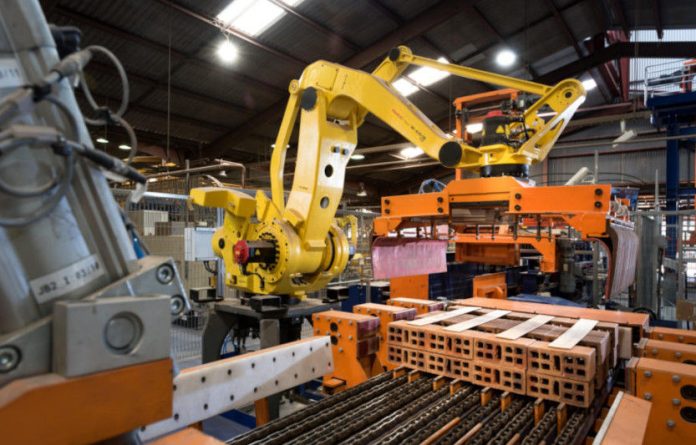
Brickworks Building Products, one of Australia’s largest building products companies, has entered into a collaboration agreement with Delorean Energy, a wholly-owned subsidiary of Delorean Corporation, to develop Green Synthetic Natural Gas (GSNG) facilities at its’ brick plants.
Under the agreement, Brickworks and Delorean will undertake a feasibility study to build and operate facilities that convert food and other bio-waste to biomethane, a renewable GSNG, and electricity, for use in Brickwork’s operations.
According to Brickworks’ statement, the feasibility study will initially focus on the company’s New South Wales brick manufacturing sites.
Subject to the successful outcome of the feasibility study, the two companies intend to establish a 50/50 Joint Venture to construct and operate the facilities.
Brickworks Managing Director Lindsay Partridge said the renewable green gas would will be produced at the same specification as natural gas, allowing it to be transported using Natural Gas pipelines.
“We are excited to be working alongside Delorean, to adapt their market leading anaerobic digestion technology, that will enable the conversion of organic waste to green synthetic natural gas,” Mr Partridge said.
“This gas can be used to fire our kilns in exactly the same way as Natural Gas, thus maintaining the high quality of our bricks, that we guarantee for 100 years.”
“Our brick plants around the country are well-placed to adopt this technology, with high energy consumption, being located in close proximity to industrial, commercial and municipal waste streams and having the available space for receipt and processing of the waste.
“We also have the potential to utilise by-products from the anaerobic digestion process in our manufacturing process.”
He said that if successful, the initial facility has the potential to displace up to 100,000 gigajoules per annum of fossil fuel gas with renewable biomethane.
“In addition, the bioenergy will be derived from organic waste that would otherwise be destined for landfill, or less productive pathways for recycling,” Mr Partridge concluded.




















